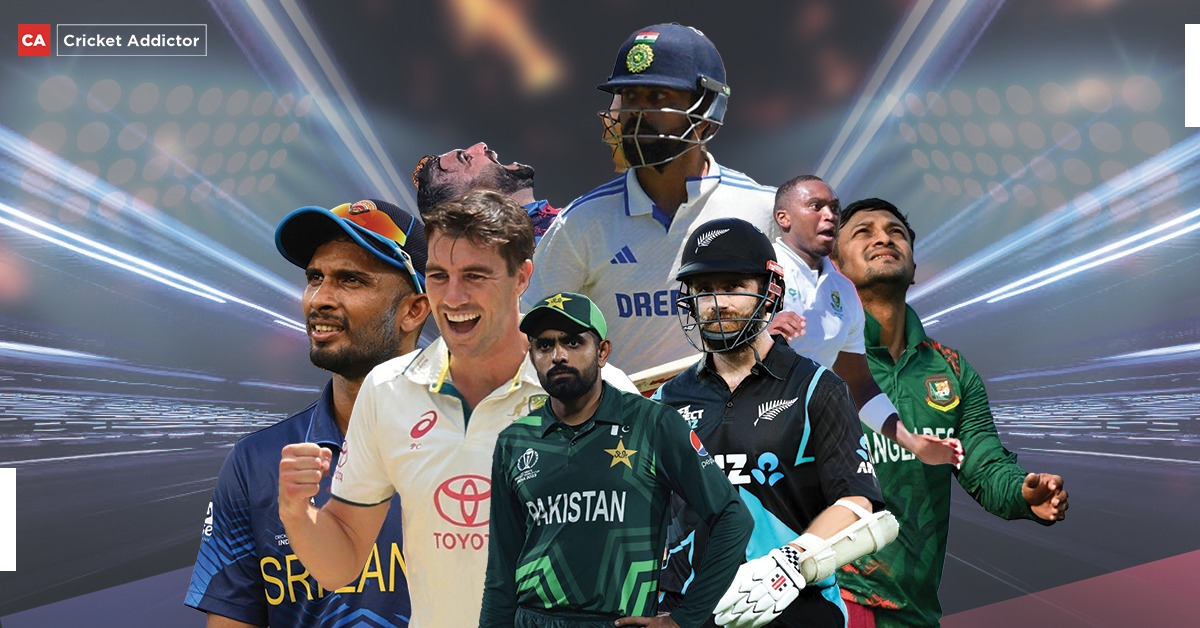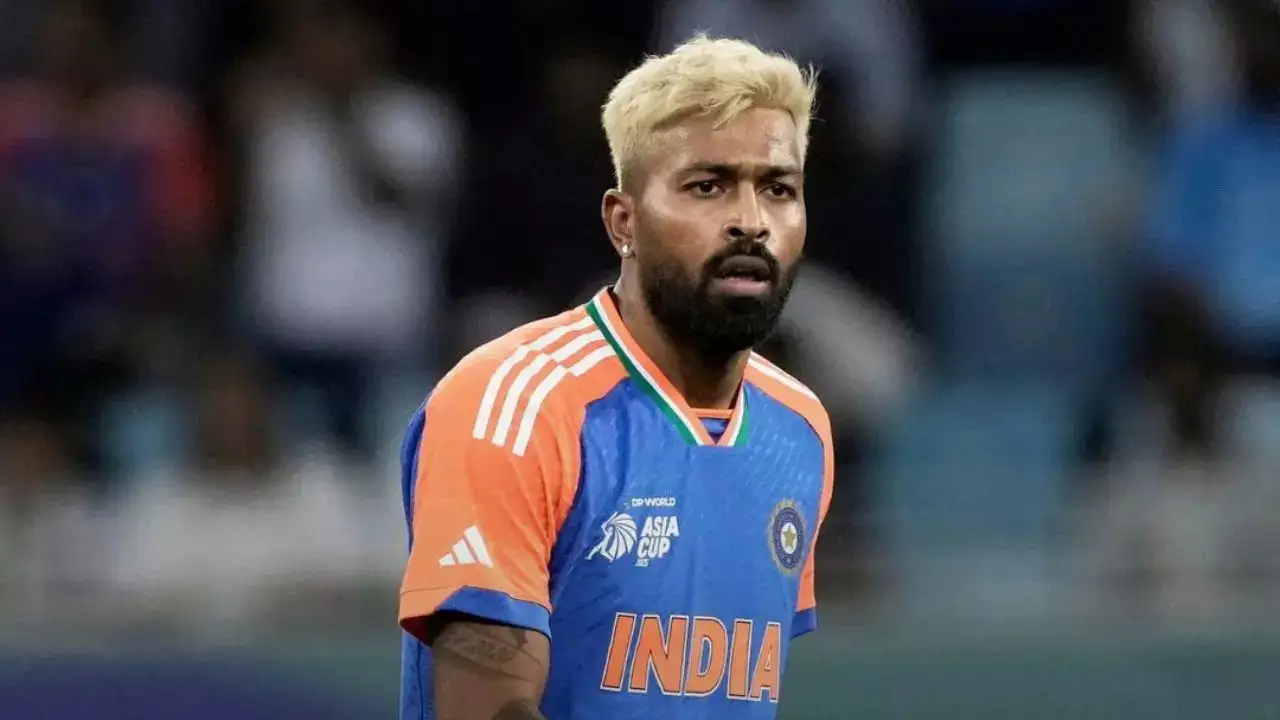Sachin Tendulkar Reveals The Lowest Point Of His Illustrious Career

Sachin Tendulkar served Indian cricket for nearly 25 years and thus saw a number of highs and lows in the game. The former India batsman was the batting mainstay for the team for almost the entirety of his illustrious playing career. After starting his career in 1989, when Sachin Tendulkar brought down curtains on his illustrious career, he was the most decorated batsman in the history of the game.
No player had played more ODIs and Tests than him, no one had scored more runs than him and no one had more centuries no him. In fact, all those records are still safe. The legendary batsman scored a staggering 34,357 runs across formats, more than 6,000 ahead of the second-placed Kumar Sangakkara. In terms of centuries, he hit 100 and is 29 clear of the next on the list, Ricky Ponting. In ODIs, he has hit 49 tons while in Tests, he has scored 51 tons.
Darkest phase:
During his long career, Sachin Tendulkar also experienced some lows. But according him, the lowest point in his career was the phase before and during the 2007 World Cup. India were one of the favourites for the tournament but endured a disastrous outing in West Indies. They lost to Bangladesh in their tournament-opener and then lost again to Sri Lanka to bow out of the competition at the group stage.
“2007 was the lowest point of my career. I didn’t enjoy that phase in Indian cricket at all because we were not going in a good direction and I just felt that there was something drastically wrong with Indian cricket.
“The thought process was wrong and what we were wanting to achieve was not a common goal. There were individuals thinking in the team and I didn’t fell the atmosphere was healthy in the dressing room and it needed to change,” Sachin Tendulkar told India Today.

More than the World Cup exit, Sachin Tendulkar was critical of the atmosphere in the dressing room. The-then coach Greg Chappell’s contract ended after the World Cup and from there on the team had to pick up the pieces and get back to winning ways.
The board roped in the likes of Venkatesh Prasad, Robin Singh, Lalchand Rajput and Ravi Shastri in the backroom staff in different capacities. A few months later, Gary Kirsten took over as the head coach and it kickstarted one of the most successful phase for Indian cricket. India won all around the world and the phase ended with the historic triumph in the 2011 World Cup.
“That changed in 2007 itself. You look at post-World Cup, the sudden transformation, the overnight transformation. You could see the body language on the field, the energy on the field, you could see that cohesiveness which was the element we missed.
“From there on Venkatesh Prasad was there, Robin Singh was there, if I’m not mistaken, (Chandu) Borde Sir was there, Lalchand Rajput, all these guys came together. And then Gary (Kirsten) and Paddy (Upton) joined and things just changed from there,” said Sachin Tendulkar.













